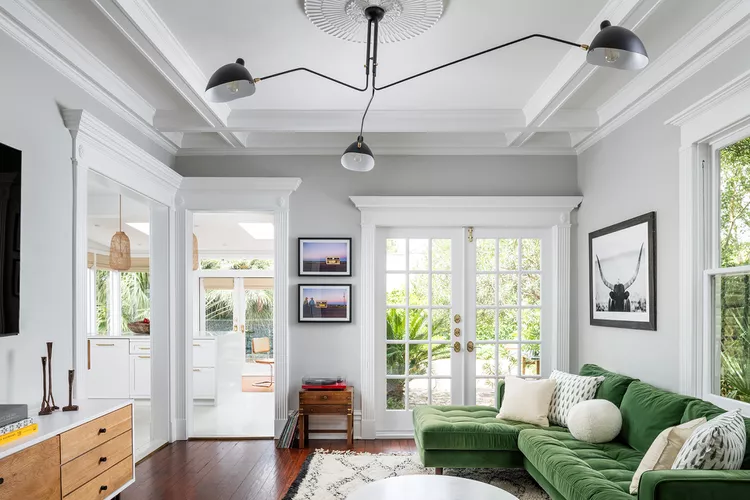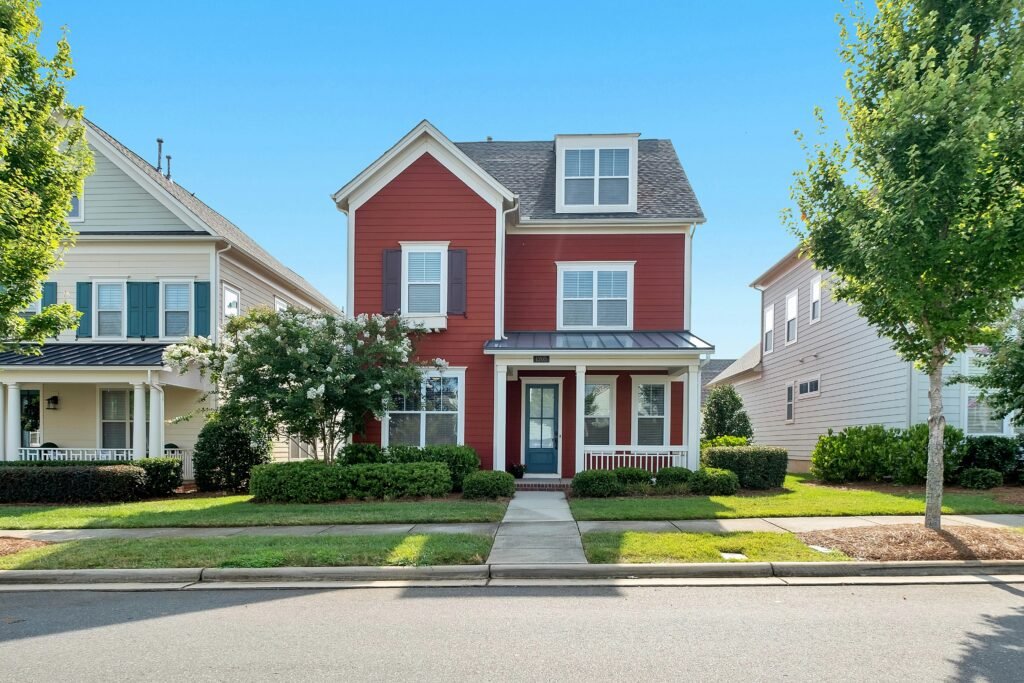Navigating the world of condominium purchases can be a complex process, especially
when dealing with condo boards. For first-time buyers, understanding the role of the
condo board, the purchase process, and what to expect can make the experience
smoother and more successful. Here’s a comprehensive guide to help you through the
process.
The Role of Condo Boards
A condo board, also known as the Board of Managers, plays a crucial role in the
management and operation of a condominium building. Unlike co-op boards, condo
boards have limited power in approving or rejecting potential buyers. Their primary
authority lies in exercising the right of first refusal, which means they can choose to
purchase a unit themselves if they disapprove of a buyer. However, this is a rare
occurrence due to the high costs involved.
The board is responsible for making major decisions about the building’s operations,
enforcing rules, and overseeing changes in ownership. Typically composed of current
residents or investors, the board ensures that the building is maintained and that
residents adhere to community guidelines.
Preparing for the Purchase Process
When buying a condo, it’s essential to be prepared for the board application process.
Although condo board applications are generally less invasive than co-op applications,
they still require a significant amount of documentation. Here’s what you need to know:
- Documentation Requirements: Expect to submit a comprehensive
package that includes a signed purchase contract, loan application,
mortgage commitment letter, tax returns, bank statements, and reference
letters. The board may also require additional information such as
residence and employment history, emergency contacts, and details about
potential occupants. - Fees and Costs: Be prepared to pay application fees, which can range
from $300 to $1,000. These fees cover the processing of your application
and any move-in or move-out charges. It’s wise to budget for these
expenses ahead of time. - Timeline: The condo board approval process typically takes about four
weeks. However, if your application is incomplete, the board may take
additional time to review it. To avoid delays, ensure that all required
documents are submitted promptly and accurately.
Tips for a Smooth Application Process - Start Early: Once you have a mortgage commitment letter, begin gathering the
necessary documents for your board application. This proactive approach can
help prevent any last-minute scrambling and ensure a timely submission. - Seek Professional Help: Consider hiring a real estate attorney or consultant to
assist with the application process. Their expertise can be invaluable in
navigating the complexities of the board requirements and ensuring that your
application is complete. - Understand the Rules: Familiarize yourself with the building’s rules and
regulations. Knowing what’s expected of you as a resident can help you prepare
a stronger application and demonstrate your commitment to being a responsible
member of the community.
What to Expect After Approval
Once your application is approved, it’s time to prepare for closing. This involves
finalizing your mortgage, scheduling an inspection of the unit, and coordinating with
attorneys and managing agents to set a closing date. During the inspection, check for
any damages or issues that need to be addressed before moving in.
On closing day, you’ll review and sign all necessary documents, including the deed and
mortgage agreements. Afterward, you’ll receive a binder containing all relevant
transaction documents, marking the official transfer of ownership.
Conclusion
Dealing with condo boards may seem daunting, but with the right preparation and
understanding, the process can be manageable. By knowing what to expect and taking
proactive steps, you can navigate the purchase process with confidence and secure
your new home in a condominium community. Remember, the key to success lies in
thorough research, timely preparation, and seeking professional guidance when
needed. With these strategies in place, you’ll be well-equipped to handle the intricacies
of condo board dealings and enjoy a smooth transition into your new residence.
Citations:
[1] https://blocksandlots.com/condo-board-package-whats-in-it/
[2] http://www.fentingoldman.com/what-to-expect-when-buying-a-condominium-condo.html
[3] https://www.hauseit.com/the-condo-application-process-in-nyc/
[4] https://cooperatornews.com/article/the-board-approval-process
[5] https://blocksandlots.com/what-does-a-condo-board-do/






